 To say I’ve been baffled by the appeal of Amazon’s Kindle would be an understatement. It’s not that I don’t like the idea of e-books (or, more specifically, the as-yet unrealized promise of e-paper as a general technology); it’s just that I don’t think the Kindle nails it. Even in its redesigned form, it’s too big and awkward. But most importantly, I’m generally disposed to dislike single-function devices. For $60 less than the cost of a Kindle you can buy an iPod touch, which can read Kindle e-books and do 85,000 other things too, in a much more convenient form factor. Good luck sticking a Kindle in your pocket.
To say I’ve been baffled by the appeal of Amazon’s Kindle would be an understatement. It’s not that I don’t like the idea of e-books (or, more specifically, the as-yet unrealized promise of e-paper as a general technology); it’s just that I don’t think the Kindle nails it. Even in its redesigned form, it’s too big and awkward. But most importantly, I’m generally disposed to dislike single-function devices. For $60 less than the cost of a Kindle you can buy an iPod touch, which can read Kindle e-books and do 85,000 other things too, in a much more convenient form factor. Good luck sticking a Kindle in your pocket.
Which brings us to the Nook, Barnes & Noble’s answer to the Kindle. While both products have questionable names — although “Nook e-book,” said fast, would make a third grader (or Derek Powazek) titter on Twitter, I still think “Kindle” evoking book burning is worse — I think Nook is catchier and less of a head-scratcher.
So, what of the Nook? Another e-book reader. Seems like a Nintendo DS-inspired mashup of a Kindle and an iPhone, actually… right down to (inexplicably) using AT&T’s 3G network for wireless access when Wi-Fi is unavailable. It looks to me like B&N took the weaknesses of the Kindle to heart in delivering what looks to be a superior device, but it’s still just an e-book reader, which once again leaves me wondering why anyone would spend $259 on a one-trick pony. It also leaves me wondering even more about the long-rumored Apple tablet device. The one complaint I could theoretically see Kindle (and now Nook) lovers leveling against reading e-books on an iPhone or iPod touch is that the screen is too small. But if Apple were to deliver a device with a form factor on par with Kindle or Nook, but with the full technical capabilities of iPod touch, I think it would be a no-brainer: goodbye, Kindle; goodbye, Nook.
The one thing about the Nook specs that does intrigue me, at least a little bit, is the idea of lending. As stated in the New York Times:
One of the differentiating factors of the Nook is that customers can “lend” books to friends. But customers may lend out any given title only one time for a total of 14 days and they cannot read it on their own Nook while it is lent.
Well, yes, I would say that this does quite literally fit the description of “lending.” And it’s a reasonable way around the inevitable complaints from publishers about copyright and illegal redistribution of their intellectual property. But… come on. This is an absurd hobbling of technology masquerading as a throwback to the model of a physical book. While these arbitrary limitations on lending may be a helpful analogy for non-technophiles, and I certainly can’t argue with a mechanism that forces your friend to return a lent book in a reasonable amount of time (I’m sure we all have friends who’ve been “borrowing” books from us for years at a time), this is at its core the same sort of unwillingness on the part of copyright holders to adapt to an evolving technological world. Rather than finding new ways to be properly compensated for their works while simultaneously embracing and propelling forward new technologies, they’re dragging their feet, and holding the rest of the world back with them.Ultimately it matters not for me. I won’t be buying a Nook, so I won’t need to worry about “lending” my e-books. Despite my enthusiastic embrace of the latest-and-greatest technology, I still prefer plain old paper and ink and glue when it’s time to read a book. That’s a medium pretty well perfected, and despite these recent advances, the technology still doesn’t compare to the tactility, and utility, of a real book. Plus, they never need to be recharged.